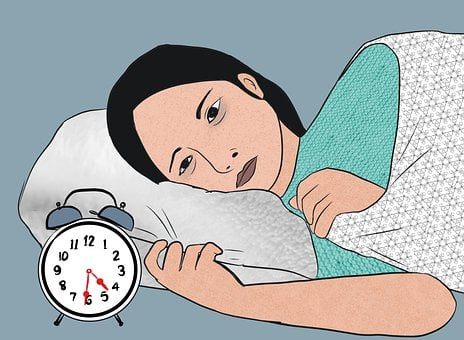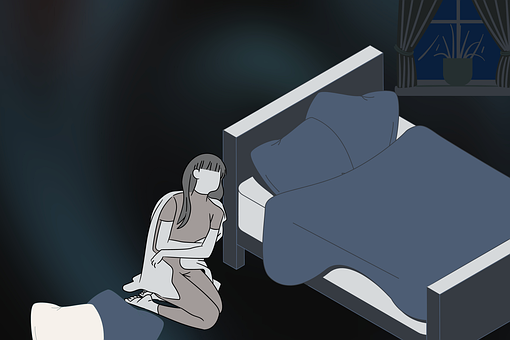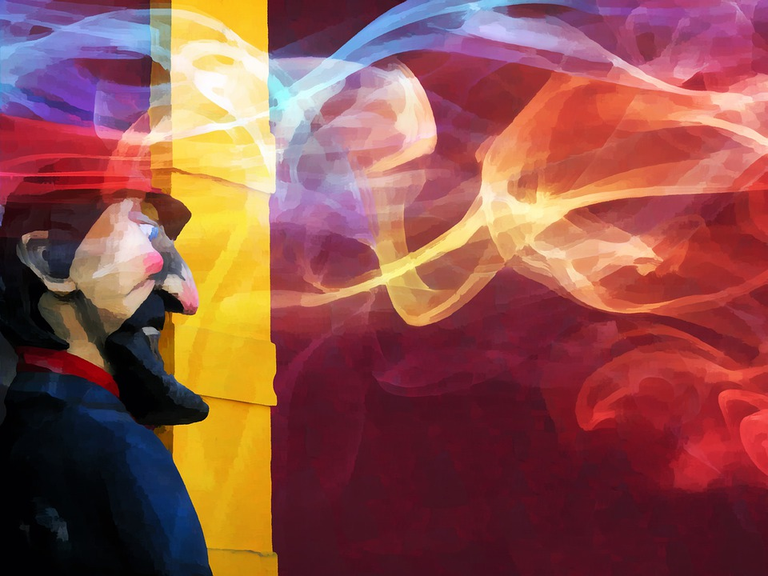Common sleep disorders and how to overcome them

According to the National Sleep Foundation, as many as 50-70 million adults in the United States have a sleep disorder. Sleep disorders can have a significant impact on one's physical and mental health, as well as overall quality of life. Some of the most common sleep disorders include insomnia, sleep apnea, and restless leg syndrome.
Insomnia is a condition characterized by difficulty falling asleep or staying asleep. It is one of the most common sleep disorders, affecting an estimated 30-40% of adults. Insomnia can be caused by a variety of factors, such as stress, anxiety, depression, or certain medications. To overcome insomnia, it's important to establish a regular sleep schedule, create a relaxing bedtime routine, and avoid stimulating activities before bed. Avoiding caffeine and alcohol, especially in the evening, can also help improve sleep. Additionally, cognitive behavioral therapy for insomnia (CBT-I) is an effective treatment for insomnia. It is a form of talk therapy that focuses on changing the thoughts and behaviors that contribute to insomnia.

Sleep apnea is a serious sleep disorder characterized by pauses in breathing during sleep. These pauses can last from a few seconds to several minutes and can occur up to hundreds of times a night. People with sleep apnea often wake up feeling tired and may have difficulty staying awake during the day. There are various treatment options for sleep apnea, including continuous positive airway pressure (CPAP) therapy, which uses a machine to deliver air pressure through a mask to help keep the airway open during sleep. Some other ways to treat sleep apnea are weight loss, avoidance of sedatives and alcohol, and sometimes surgery.

Restless leg syndrome (RLS) is a condition characterized by an irresistible urge to move the legs, often accompanied by uncomfortable sensations such as tingling, aching, or crawling. RLS symptoms usually occur at night and can make it difficult to fall asleep or stay asleep. Treatments for RLS include medications, such as dopaminergic drugs, iron supplements, and avoiding alcohol and caffeine.

In conclusion, sleep disorders can have a significant impact on our physical and mental health. It is important to recognize the signs and symptoms of sleep disorders and seek treatment to improve overall quality of life. A combination of lifestyle changes, therapy, and medication can be effective in overcoming sleep disorders.
